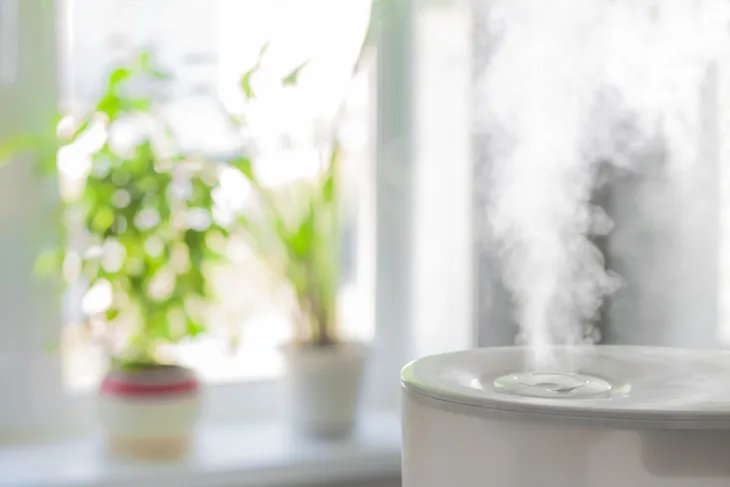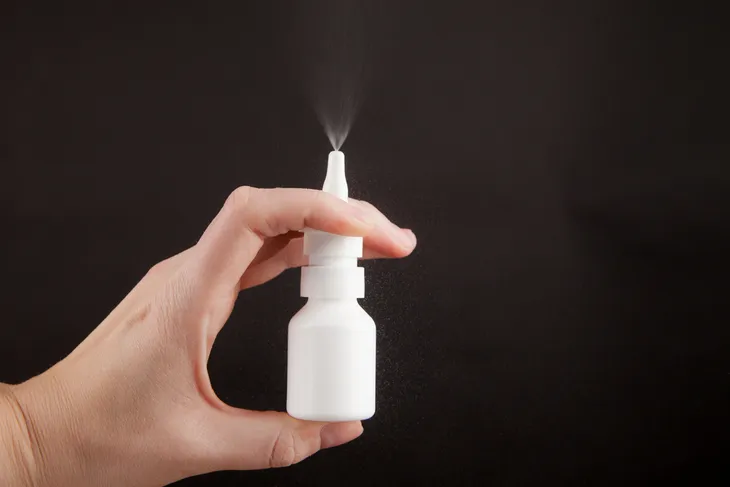Cold and flu season is the dreaded time of year that ushers in colds and hacking coughs thanks to the endless amount of viruses circling around just waiting to be picked up. Thankfully, if you’re so unlucky to catch a cough, most of the time it can be managed and soothed safely at home.
If you’re looking for some relief try using the following effective 10 cough remedies and treatments…
Suck a Lozenge
Lozenges or menthol cough drops can be easily purchased over the counter at your local drug store or grocery store. Lozenges work by numbing and coating the back of the throat to diminish the cough reflex and urge to cough. Suck a cough drop before bedtime if a chronic cough is keeping you up all night.
Warm Tea Always Does the Trick
Did you know that honey has antibacterial and anti-inflammatory properties? I don’t know about you, but I always find that warm tea with a teaspoon of honey soothes my hacking and sore, tender throat. Just steep your favorite herbal tea. I tend to stick to chamomile for its calming properties and stir in a teaspoon of natural honey.
Utilize Steam
Steam will do the trick to loosen up the sinus airways and help eliminate mucus congestion that tends to stuff us up and cause post-nasal drip down the back of the throat due to asthma, colds, and allergies. The best way to employ steam is by having a hot shower. You can also pour boiled water into a big bowl, bring your sinuses close (but don’t make contact with the water), cover your head with a towel, and breathe deep.
Buy a Humidifier
A humidifier works similarly to a hot shower—by employing wet steam to encourage moist nasal passages that can dry up and become cracked and painful due to dry throats and sinuses. Replenishing the moisture in your home can help relieve a nasty cough if that cough is caused by a dry environment.
Stay Hydrated
We’ve all had a particularly nasty respiratory tract infection that causes itchy, annoying post nasal drip down the back of your throat. These thick, mucus secretions prove a constant irritation to the throat, causing a chronic cough. However, if you drink plenty of water and teas to stay hydrated, you will actually dilute the mucus and reduce the postnasal drip.
Clear the Air
Another cause of an annoying cough can be the air in your home. The long-term use of scented cleaning products, perfumes, scented sprays, incense, or cigarette smoke can result in a chronic sinus irritation and cough in those that are sensitive to chemicals. Eventually, the use of these products containing harsh ingredients can cause a smoker-like, chronic cough. The only way to get rid of the cough is to purify the air.
Use a Nasal Decongestant
Nasal decongestants are often used to relieve coughs due to nasal congestion. You can purchase them at your local drug store. Nasal decongestants work to reduce cough by shrinking swollen nasal tissue and lessening mucus so the sinus passages open up. When shopping for a suitable decongestant tablet, cough syrup, or nasal spray—look for the ingredients phenylephrine or pseudoephedrine. Just don’t use them before bedtime as they raise the heart rate and blood pressure, making it difficult to sleep.
Take a Cough Suppressant
Oftentimes with a chronic cough, the chest walls will actually become strained and tender. To relieve the chest stiffness, reach for a cough suppressant (only for those over 4-years of age) to help you get a good night’s sleep. Cough suppressants numb the tissues at the back of the throat, like lozenges, but they also dilute mucus so you can cough it up and eliminate it faster.
Examine Your Medications
A chronic cough can often be related to something other than a cold or allergies. For instance, sometimes a cough is related to an underlying health issue, or more so, the medication you’re taking to treat an underlying medical issue. For instance, patients with acid reflux often take medications that cause a chronic cough. If this is the case, talk to your health care professional about switching up medications.
Talk to a Doctor
If you can treat your cough over the counter—that is wonderful—it often saves time and money. However, if you suffer from a chronic cough (along with a fever) that lasts longer than 2 weeks; make an appointment with your doctor or visit a health clinic to talk about treatment.













